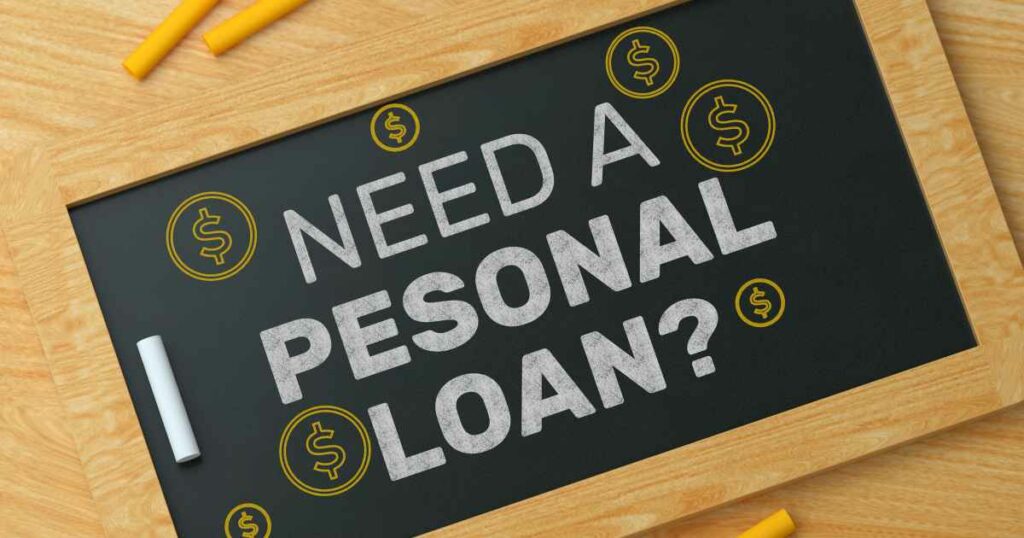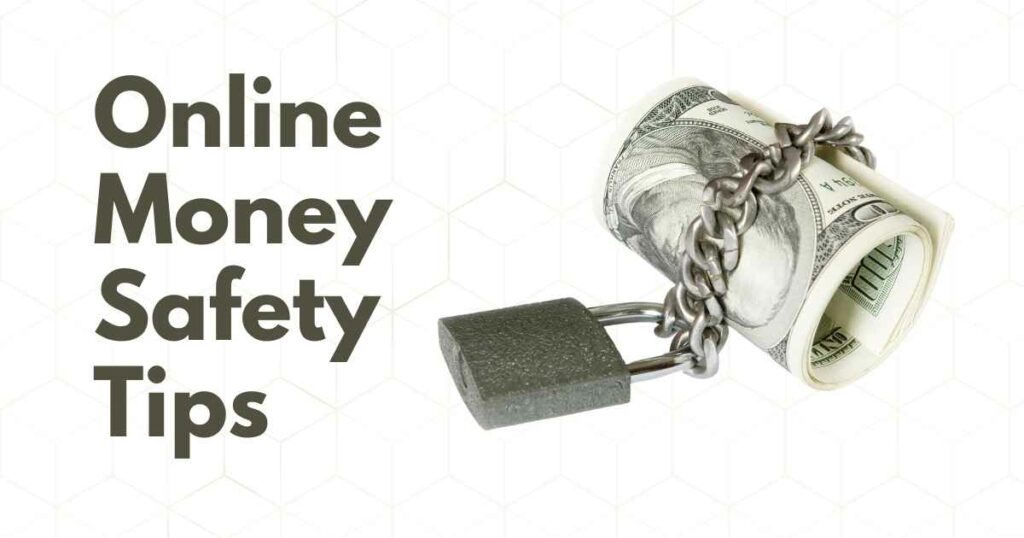Personal loans are a great way to finance your dreams, whether it is a wedding, a vacation, or a debt consolidation. But how do you get a personal loan at a low interest rate? The answer is not so simple, as the interest rate depends on several factors that vary from lender to lender and from borrower to borrower.
Here are some of the factors that you need to know before Applying for a Personal loan
Your credit score:
Your credit score is a measure of your credit history and behavior. It shows how well you have repaid your previous loans and credit cards, and how likely you are to repay your new loan. A higher credit score means a lower interest rate, and vice versa.
According to Bankrate, the average interest rate on a personal loan for borrowers with excellent credit scores (720 and above) was 10.3% in February 2024, while the average interest rate for borrowers with poor credit scores (below 600) was 28.2%. Here Tips to increase CIBIL Score from 600 to 750.
Your debt-to-income ratio:
Your debt-to-income ratio (DTI) is the percentage of your monthly income that goes towards paying your existing debts, such as loans, credit cards, and mortgages. A lower DTI ratio means that you have more money left to repay your new loan, and hence, a lower interest rate.
A higher DTI ratio means that you have less money left to repay your new loan, and hence, a higher interest rate. According to CNN, most lenders prefer a DTI ratio of 36% or lower for personal loan applicants.

Your loan amount and tenure:
Your loan amount and tenure are the two parameters that determine the monthly installment of your personal loan. A higher loan amount or a longer tenure means that you have to pay more interest over the life of the loan, and hence, a higher interest rate.
A lower loan amount or a shorter tenure means that you have to pay less interest over the life of the loan, and hence, a lower interest rate. According to Cleartax, the loan amount for personal loans can range from Rs.10,000 to a few lakhs, and the loan tenure can range from 12 months to 60 months. Apply Now for Personal loan.
Your income source and stability:
Your income source and stability are also important factors that affect the interest rate on a personal loan. Lenders prefer borrowers who have a steady and regular income from a reputed employer or a stable business, as they are more likely to repay their loans on time.
Borrowers who have a variable or irregular income from a freelance or self-employed profession, or who have recently changed their jobs or businesses, are considered less reliable and more risky, and hence, face a higher interest rate. According to Livemint, lenders may also ask for proof of income, such as salary slips, bank statements, or income tax returns, to verify the income source and stability of the borrower.
The lender’s policy and market conditions:
The interest rate on a personal loan is also influenced by the lender’s policy and the prevailing market conditions. Different lenders may have different criteria and methods to assess the risk and eligibility of the borrowers, and hence, may offer different interest rates.
Moreover, the interest rate may also vary depending on the demand and supply of credit in the market, the inflation rate, the monetary policy of the central bank, and the competition among the lenders. Therefore, it is advisable to compare the interest rates offered by various lenders before applying for a personal loan.

These are some of the factors that determine the interest rate on a personal loan. By improving your credit score, lowering your debt-to-income ratio, choosing a suitable loan amount and tenure, maintaining a stable income source, and comparing the interest rates offered by different lenders, you can increase your chances of getting a personal loan at a low interest rate. So, what are you waiting for? Apply for a personal loan today and make your dreams come true.
Last Updated on 8 months












